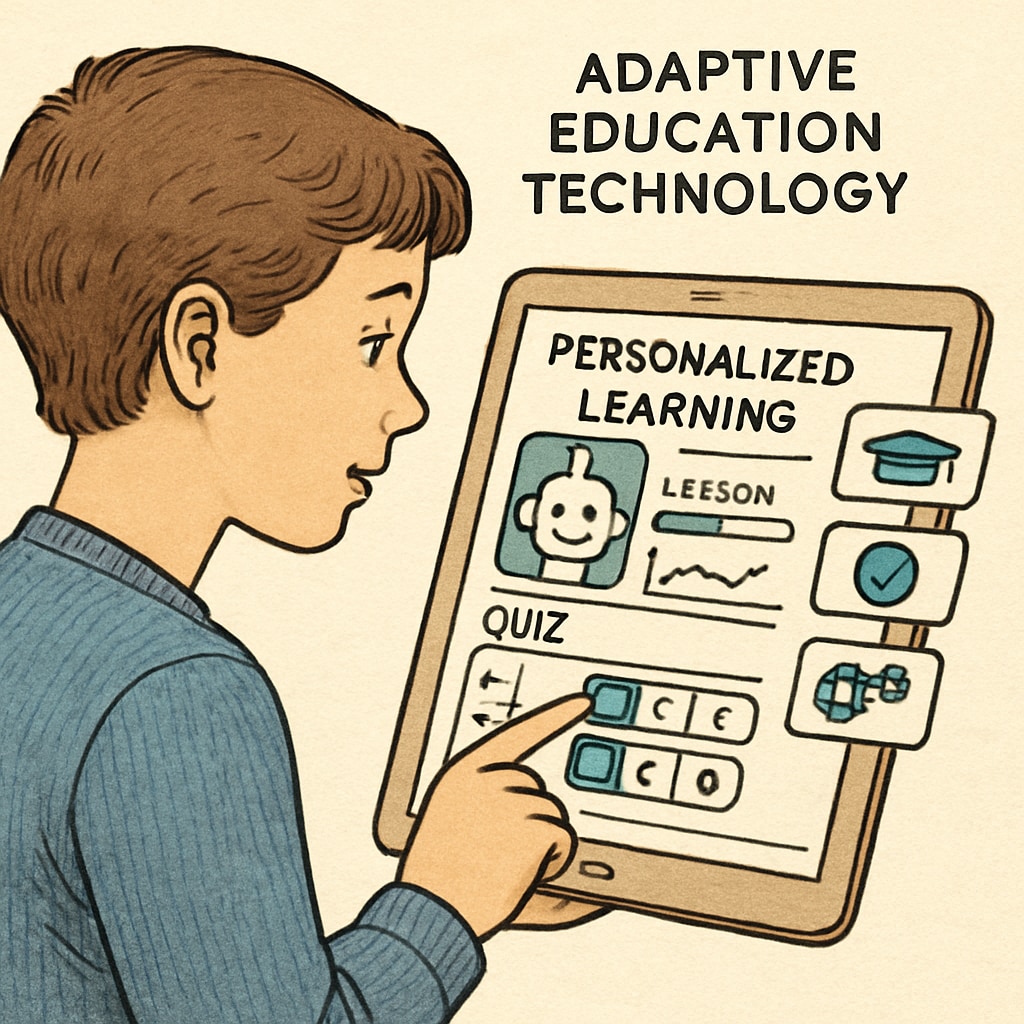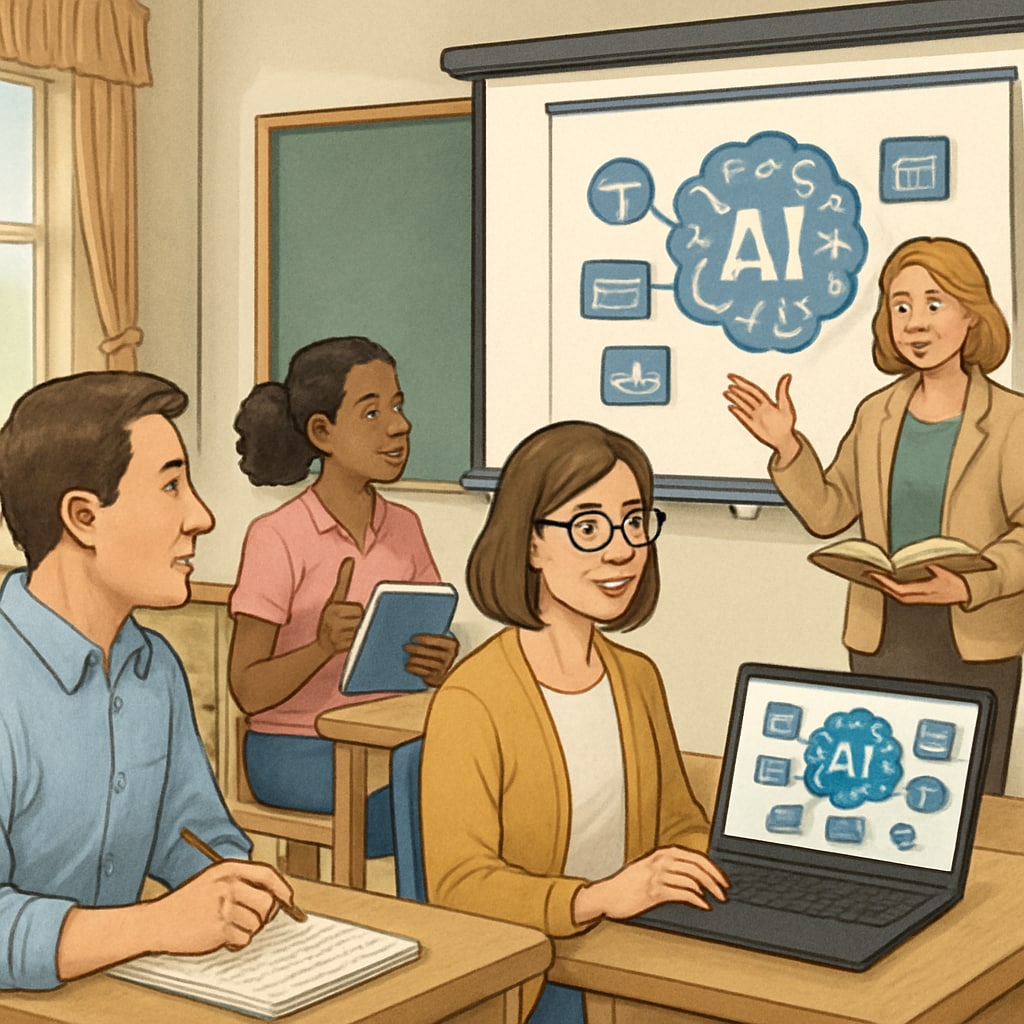Artificial intelligence (AI) is rapidly transforming the landscape of K12 education, introducing innovative tools for personalized learning, intelligent assessment systems, and adaptive curricula. By leveraging AI, educators can address diverse student needs, streamline administrative tasks, and create more engaging and effective learning environments. This article delves into the current trends, challenges, and future opportunities in AI-powered education technology, providing insights for education professionals navigating this transformative era.
Personalized Learning: The Core Benefit of AI in Education
One of the most impactful applications of AI in K12 education is personalized learning. Traditional classrooms often struggle to cater to the individual needs of every student, but AI-driven platforms can analyze student performance data and adapt lessons accordingly. For example, AI-powered tools like intelligent tutoring systems (ITS) offer tailored feedback and resources based on each student’s unique learning pace and preferences.
Moreover, adaptive learning technologies can identify gaps in student knowledge and recommend targeted interventions. This ensures that learning is both efficient and effective, reducing the likelihood of students falling behind. As a result, educators can focus on fostering critical thinking skills while AI handles the repetitive task of content customization.

Challenges Faced in Implementing AI-Powered Education Technology
Despite its advantages, integrating AI into K12 education is not without challenges. One major concern is the digital divide, where schools in underprivileged areas may lack access to the necessary infrastructure for AI tools. Additionally, ethical considerations surrounding student data privacy must be addressed, as AI systems often require large volumes of personal data to function effectively.
Another challenge lies in teacher training and acceptance. Educators may resist adopting AI technologies due to unfamiliarity or fear of being replaced. To overcome this, professional development programs focused on AI literacy are essential. Such programs could help teachers understand how AI complements their roles and enhances their teaching capabilities.

The Future of AI in K12 Education: Opportunities and Innovations
As AI technology continues to evolve, the future of K12 education presents exciting opportunities. For instance, predictive analytics could help schools identify at-risk students before academic challenges escalate. Virtual and augmented reality, combined with AI, might also revolutionize how subjects like science or history are taught by creating immersive learning experiences.
Furthermore, AI-powered communication tools can foster stronger collaboration between students, teachers, and parents. For example, chatbots could assist in answering routine queries or providing instant feedback, while AI-driven dashboards could offer real-time updates on student progress.
To maximize these opportunities, stakeholders must work collaboratively to ensure equitable access to AI technologies. Governments, private organizations, and educators must prioritize infrastructure development and allocate resources to bridge the gap between advantaged and disadvantaged schools.
Readability guidance: Use concise paragraphs with clear transitions and include lists where appropriate. Ensure that discussions of future opportunities are forward-looking but practical, avoiding excessive technical jargon.


